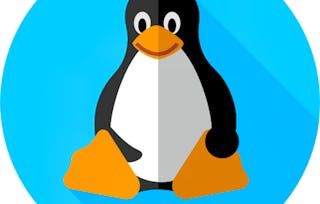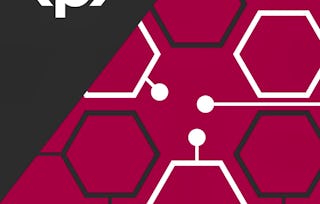Updated in May 2025.
This course now features Coursera Coach! A smarter way to learn with interactive, real-time conversations that help you test your knowledge, challenge assumptions, and deepen your understanding as you progress through the course. In this course, you'll dive into the essentials of Linux, specifically tailored for Cloud and DevOps professionals. Starting with an introduction to Linux systems and AWS environments, you’ll quickly move on to creating and managing Linux instances. Through practical examples, you'll learn to establish connections from various operating systems and explore Linux filesystem hierarchies, gaining a strong foundation in operating system management. As you progress, you'll delve into file and directory manipulation, mastering key commands for creating, editing, and organizing your Linux files. You'll also learn how to manage users, permissions, and file ownership—critical tasks in any cloud infrastructure. The course also covers system management, showing you how to monitor processes, gather system information, and manage essential packages for maintaining system performance. By the end of this course, you'll be equipped with advanced knowledge in networking, service management, and process automation, preparing you to manage Linux-based cloud environments efficiently. With step-by-step guidance on common tasks like package installation, networking commands, and archiving, you'll leave with practical skills ready to be applied in any cloud or DevOps role. This course is designed for cloud engineers, DevOps professionals, and system administrators. Prior knowledge of basic cloud concepts and some familiarity with command-line interfaces are recommended but not required.















